The GW Institute for Korean Studies, the East Asia National Resource Center, the Sigur Center for Asian Studies, Elliott School Asian Studies Program, the Organization of Asian Studies and the Research Team at the Elliott School of International Affairs present:
Challenges of the Past, Present, and Future: Addressing Asian and Asian American Inclusivity in Academia, Policy, and the Media
Wednesday, April 28, 2021
12:15 p.m. – 2:00 p.m. EDT
Virtual Event via Zoom
The event is open to the public. Registered guests will receive confirmation email with details for joining ZOOM 24 hours prior the event.
Event Description
In advance of Asian American and Pacific Islander Heritage Month (May), the GW East Asia National Resource, the GW Institute for Korean Studies, the Sigur Center for Asian Studies, and the Asian Studies Program invite you to join a panel discussion comprised of scholars, experts, and practitioners that will examine critical issues in Asian and Asian American inclusiveness, representation, and equity in the fields of academia, policy research, journalism, and community activism.
Speakers
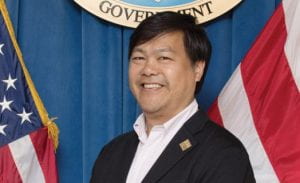 Ben de Guzman is the Director of the Mayor’s Office on Asian and Pacific Islander Affairs (MOAPIA). He has been a leading voice at the local and national level on issues of racial equity, immigrants’ rights, veterans’ affairs, and LGBT justice for twenty years. He comes to MOAPIA from the Mayor’s Office of LGBTQ Affairs, where he served as the Community Outreach Specialist. During his tenure there, he helped execute two major first time events for the Office- the “District of Pride” LGBTQ cultural performance event and the 32nd Annual 17th Street High Heel Race, presented by the Mayor’s Office as lead organizer. He also served as both the Public Information Officer and the Americans with Disabilities Act Compliance Officer for the agency.
Ben de Guzman is the Director of the Mayor’s Office on Asian and Pacific Islander Affairs (MOAPIA). He has been a leading voice at the local and national level on issues of racial equity, immigrants’ rights, veterans’ affairs, and LGBT justice for twenty years. He comes to MOAPIA from the Mayor’s Office of LGBTQ Affairs, where he served as the Community Outreach Specialist. During his tenure there, he helped execute two major first time events for the Office- the “District of Pride” LGBTQ cultural performance event and the 32nd Annual 17th Street High Heel Race, presented by the Mayor’s Office as lead organizer. He also served as both the Public Information Officer and the Americans with Disabilities Act Compliance Officer for the agency. Patricia Chu is a professor of English and the Deputy Chair of the Department of English at the George Washington University. She studies Asian American and diasporic literature and film, Asian American Studies, and Women’s writing and autobiography. Her two most recent research projects have been informed by her own family’s history of migration, loss and assimilation, and questions about understanding the past. She has released several publications, including Where I Have Never Been: Asian American Narratives of Return, and In My Grandmother’s House which have been supported by a Columbian College Facilitating Grant and by a Robert H. Smith Research Fellowship.
Patricia Chu is a professor of English and the Deputy Chair of the Department of English at the George Washington University. She studies Asian American and diasporic literature and film, Asian American Studies, and Women’s writing and autobiography. Her two most recent research projects have been informed by her own family’s history of migration, loss and assimilation, and questions about understanding the past. She has released several publications, including Where I Have Never Been: Asian American Narratives of Return, and In My Grandmother’s House which have been supported by a Columbian College Facilitating Grant and by a Robert H. Smith Research Fellowship.
Pawan Dhingra is an author, professor, and former curator and senior advisor of the Smithsonian Institution exhibition, Beyond Bollywood: Asian Indian Americans Shape the Nation. His byline includes The New York Times, CNN, The Conversation, Indian Express, and many other venues, and he and his work have been profiled in The Washington Post, NPR, The Guardian, Times of India, and elsewhere. His most recent book Hyper Education: Why Good Schools, Good Grades, and Good Behavior Are Not Enough (New York University Press 2020) has been profiled in these and other venues, and which author Min Jin Lee has said, “gets to the root of education obsessions.” He speaks from this work in the Netflix documentary, Spelling the Dream. He is the author of the award-winning Life Behind the Lobby: Indian American Motel Owners and the American Dream (Stanford University Press, 2012), which also has been profiled nationwide and internationally. He also authored the award-winning Managing Multicultural Lives: Asian American Professionals and the Challenge of Multiple Identities (Stanford University Press, 2007). Professor Dhingra co-authored the review text, Asian America: Sociological and Interdisciplinary Perspectives, which is in its second edition (Polity Press, 2014 and 2021). He has served as president of the board of the South Asian American Digital Archive.
 Audrey Pan is a Community Organizer and Programs Associates at OCA-GH where she works to strengthen the infrastructure of our youth programming and instill a culture of year-round civic engagement, political consciousness raising and arts & culture programming four our larger AAPI communities. In doing so, the hope is that the AAPI community will have the capacity to exert an influential voice in the public policy arena and in the social, racial and economic justice movement. Born and raised in NYC, she is also on the young professionals board of Chinatown Youth Initiatives whose power is to empower New York City youth with the knowledge and skills necessary to address the needs of Chinatown, Asian Americans, and other underrepresented communities. She grew up in NYC’s Chinatown and as the daughter of Chinese immigrants and former garment workers, she has always been a fierce advocate for fair and humane immigration policies and labor conditions. She holds a BA from Middlebury College in Sociology with minors in Education and Spanish and will begin law school this incoming fall to pursue community lawyering.
Audrey Pan is a Community Organizer and Programs Associates at OCA-GH where she works to strengthen the infrastructure of our youth programming and instill a culture of year-round civic engagement, political consciousness raising and arts & culture programming four our larger AAPI communities. In doing so, the hope is that the AAPI community will have the capacity to exert an influential voice in the public policy arena and in the social, racial and economic justice movement. Born and raised in NYC, she is also on the young professionals board of Chinatown Youth Initiatives whose power is to empower New York City youth with the knowledge and skills necessary to address the needs of Chinatown, Asian Americans, and other underrepresented communities. She grew up in NYC’s Chinatown and as the daughter of Chinese immigrants and former garment workers, she has always been a fierce advocate for fair and humane immigration policies and labor conditions. She holds a BA from Middlebury College in Sociology with minors in Education and Spanish and will begin law school this incoming fall to pursue community lawyering.
 Rui Zhong is the Program Associate for the Kissinger Institute on China and the United States at the Wilson Center. She holds an MA from the Johns Hopkins School of Advanced International Studies and a BA in International Studies from Emory University. She has completed coursework at Peking University and earned a graduate certificate at the Hopkins-Nanjing Center in China. At the Kissinger Institute, she manages Mapping China’s Cultural Genome, a curated project that collects top-level speeches and commentary on China’s global cultural ambitions. Her research interests include China’s role in the East Asian Political Economy and how nationalist interests can impact business, technology and cultural policies. Rui’s writing has appeared in Foreign Policy, The Washington Post, Chinafile and more.
Rui Zhong is the Program Associate for the Kissinger Institute on China and the United States at the Wilson Center. She holds an MA from the Johns Hopkins School of Advanced International Studies and a BA in International Studies from Emory University. She has completed coursework at Peking University and earned a graduate certificate at the Hopkins-Nanjing Center in China. At the Kissinger Institute, she manages Mapping China’s Cultural Genome, a curated project that collects top-level speeches and commentary on China’s global cultural ambitions. Her research interests include China’s role in the East Asian Political Economy and how nationalist interests can impact business, technology and cultural policies. Rui’s writing has appeared in Foreign Policy, The Washington Post, Chinafile and more.
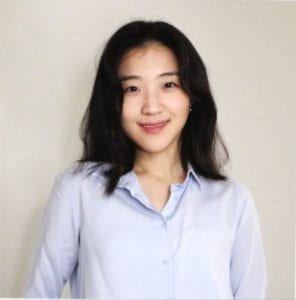 Hye Hun Seo is a Masters student of Asian Studies at the Elliott School of International Affairs. She is an experienced news producer with a demonstrated history of working in the broadcast media industry. She is a strong media and communication professional with a Bachelor of Arts – BA focused in Korean Studies and Linguistics from Binghamton University. Currently, she is working on her masters degree at Elliott School of International Affairs in Asia relations and security.
Hye Hun Seo is a Masters student of Asian Studies at the Elliott School of International Affairs. She is an experienced news producer with a demonstrated history of working in the broadcast media industry. She is a strong media and communication professional with a Bachelor of Arts – BA focused in Korean Studies and Linguistics from Binghamton University. Currently, she is working on her masters degree at Elliott School of International Affairs in Asia relations and security.
 Daphne K. Lee is a New York-based journalist covering food and culture. Her work has appeared on CBS News, VICE, Goldthread, Popula, and more. She was previously an editor overseeing The News Lens International, a Taiwan-based digital media outlet.
Daphne K. Lee is a New York-based journalist covering food and culture. Her work has appeared on CBS News, VICE, Goldthread, Popula, and more. She was previously an editor overseeing The News Lens International, a Taiwan-based digital media outlet.
Moderator
 Jisoo M. Kim is Korea Foundation Associate Professor of History, International Affairs, and East Asian Languages and Literatures. She currently serves as the Director of the Institute for Korean Studies and the Co-Director of the East Asia National Resource Center at GW. She also serves as the Editor-in-Chief of the Journal of Korean Studies. She is a specialist in gender, law, and emotions in Korean history. Her broader research interests include gender and sexuality, crime and justice, forensic medicine, literary representations of the law, history of emotions, vernacular, and gender writing. She is the author of The Emotions of Justice: Gender, Status, and Legal Performance in Chosŏn Korea (University of Washington Press, 2015), which was awarded the 2017 James Palais Prize of the Association for Asian Studies. She is also the co-editor of The Great East Asian War and the Birth of the Korean Nation by JaHyun Kim Haboush (Columbia University Press, 2016). She is currently working on a book project tentatively entitled Sexual Desire, Crime, and Gendered Subjects: A History of Adultery Law in Korea. She received her M.A., M.Phil., and Ph.D. in East Asian Languages and Cultures from Columbia University.
Jisoo M. Kim is Korea Foundation Associate Professor of History, International Affairs, and East Asian Languages and Literatures. She currently serves as the Director of the Institute for Korean Studies and the Co-Director of the East Asia National Resource Center at GW. She also serves as the Editor-in-Chief of the Journal of Korean Studies. She is a specialist in gender, law, and emotions in Korean history. Her broader research interests include gender and sexuality, crime and justice, forensic medicine, literary representations of the law, history of emotions, vernacular, and gender writing. She is the author of The Emotions of Justice: Gender, Status, and Legal Performance in Chosŏn Korea (University of Washington Press, 2015), which was awarded the 2017 James Palais Prize of the Association for Asian Studies. She is also the co-editor of The Great East Asian War and the Birth of the Korean Nation by JaHyun Kim Haboush (Columbia University Press, 2016). She is currently working on a book project tentatively entitled Sexual Desire, Crime, and Gendered Subjects: A History of Adultery Law in Korea. She received her M.A., M.Phil., and Ph.D. in East Asian Languages and Cultures from Columbia University.

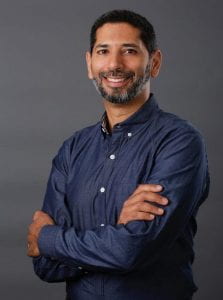
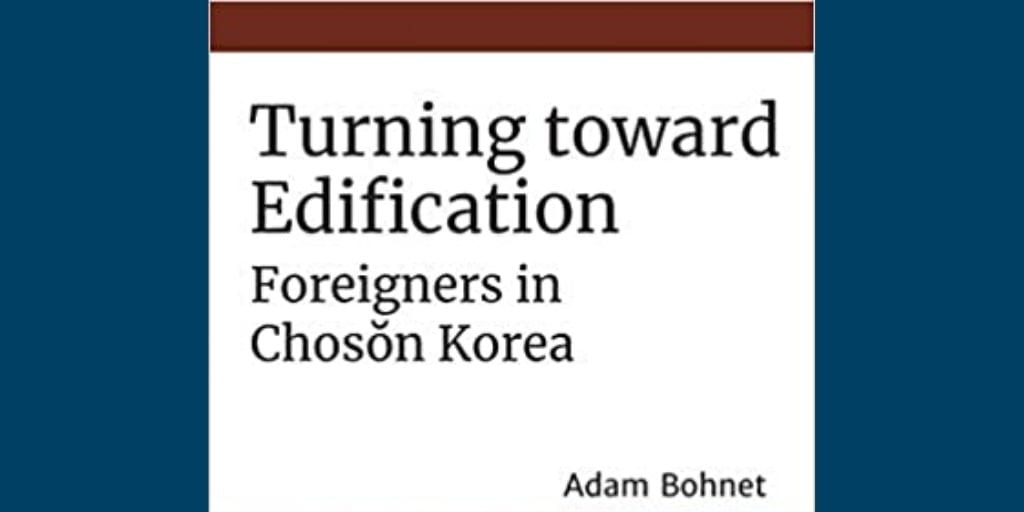
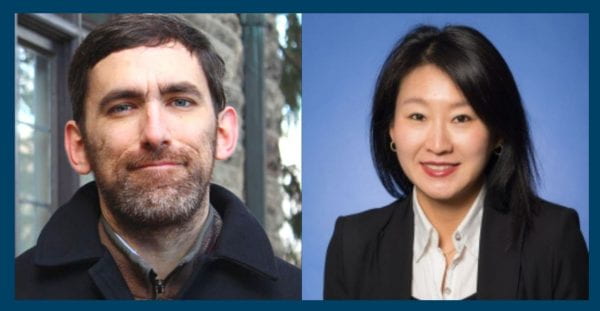




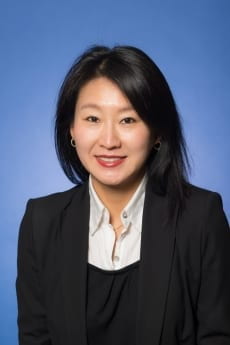


 David E. Sanger is a national security correspondent and a senior writer. In a 36-year reporting career for The New York Times, he has been on three teams that have won Pulitzer Prizes, most recently in 2017 for international reporting. His newest book, The Perfect Weapon: War, Sabotage and Fear in the Cyber Age, examines the emergence of cyber-conflict as the primary way large and small states are competing and undercutting each other, changing the nature of global power.
David E. Sanger is a national security correspondent and a senior writer. In a 36-year reporting career for The New York Times, he has been on three teams that have won Pulitzer Prizes, most recently in 2017 for international reporting. His newest book, The Perfect Weapon: War, Sabotage and Fear in the Cyber Age, examines the emergence of cyber-conflict as the primary way large and small states are competing and undercutting each other, changing the nature of global power. 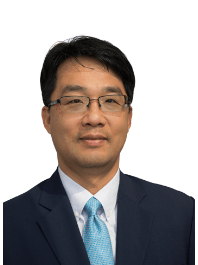
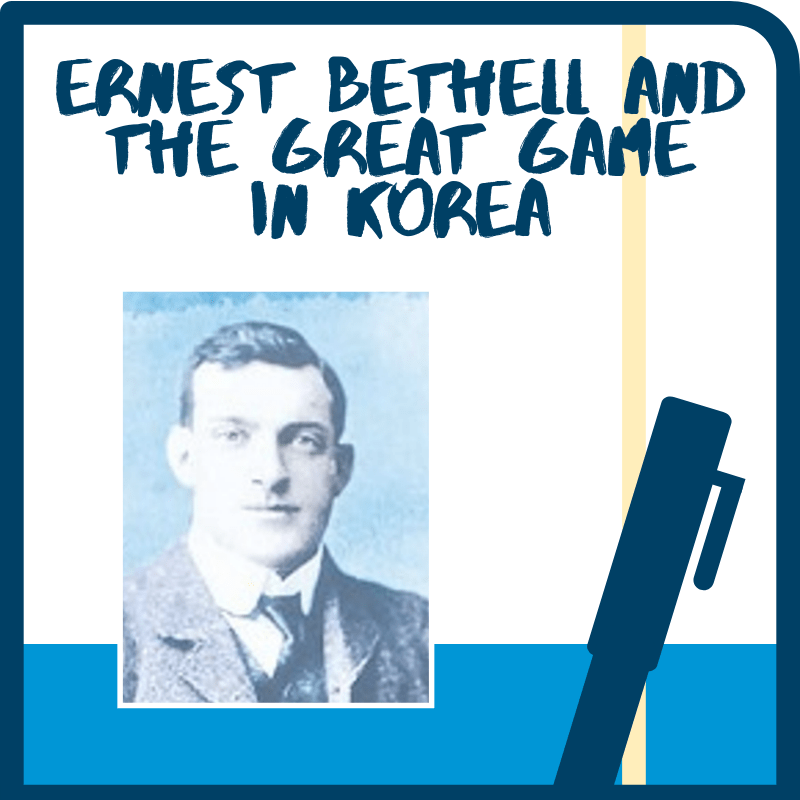





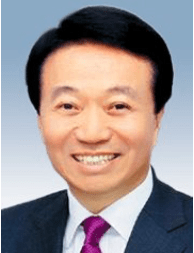

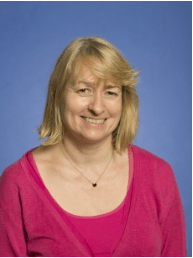

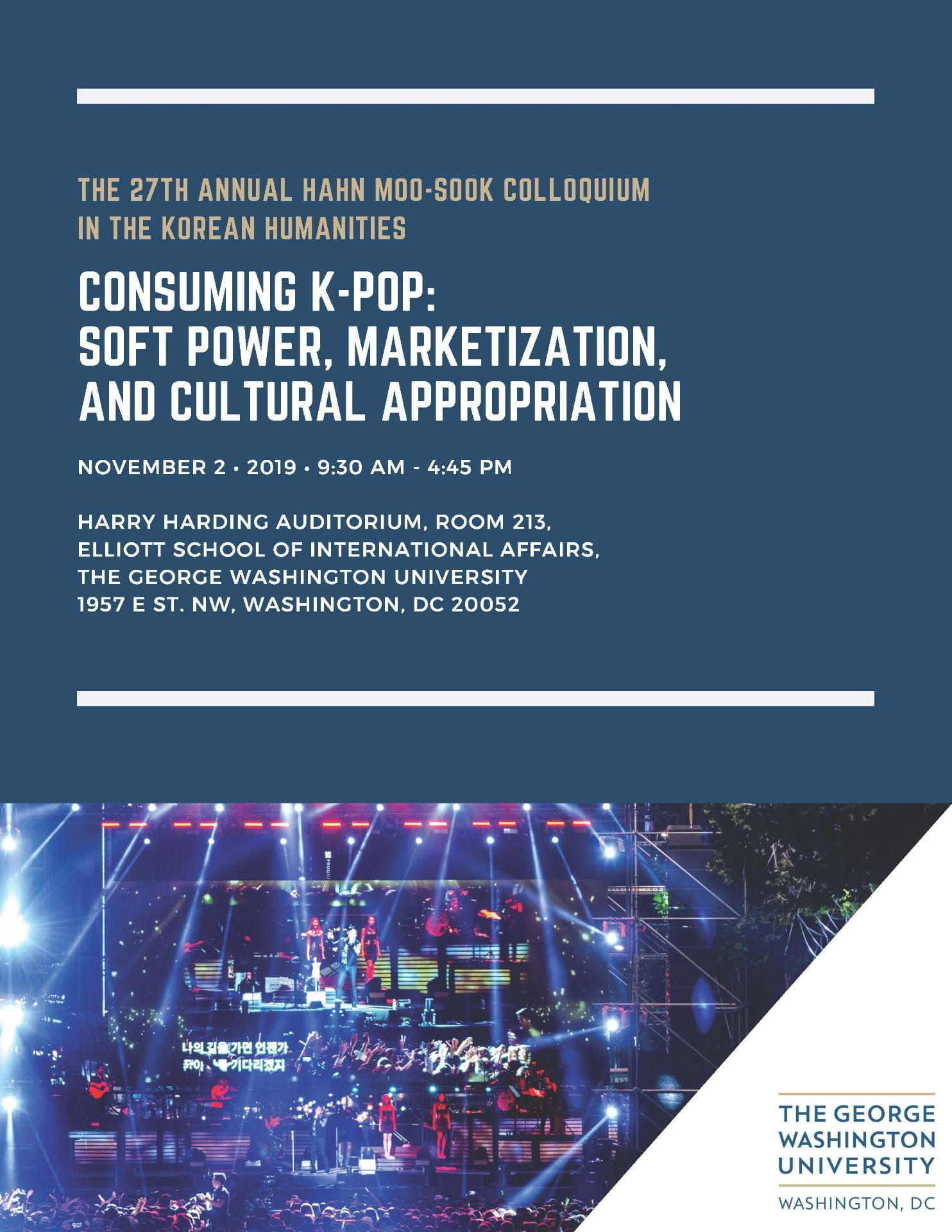
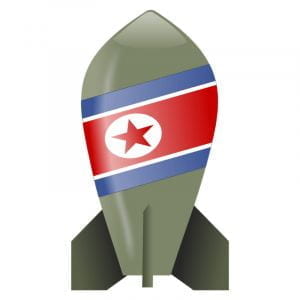


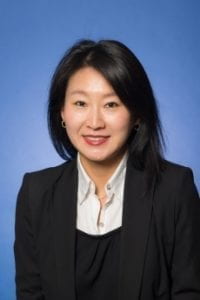

 Heung-Kyu Kim is the founder and Director of China Policy Institute and professor in the department of political science at Ajou University, South Korea. He also served as a professor at the Institute of Foreign Affairs and National Security, South Korea’s Ministry of Foreign Affairs. His current assignments include Director of Foreign Affairs Subcommittee on the Presidential Commission on Policy-Planning, Team Leader of Security and Defense in the Presidential Task Force of Future Vision 2045, a board member of the National Security Council and a board member of National Defense Reform Commission, Ministry of National Defense. Kim has written more than 300 articles, books, and policy papers regarding Chinese politics and foreign policy, and security issues in Northeast Asia. They include China and the U.S.-ROK Alliance: Promoting a Trilateral Dialogue (CFR, 2017), Enemy, Homager or Equal Partner?: Evolving Korea-China Relations (2012), From a Buffer Zone to a Strategic Burden: Evolving Sino-North Korea Relations during Hu Jintao Era (2010). His book China’s Central-Local Relations and Decision-Making received an award for Excellency of the Year by the Ministry of Culture in 2008. He also received the NEAR Foundation Academic prize of the year in the area of foreign policy and security in 2014. Kim received his BA and MA in international relations from Seoul National University, South Korea, and Ph.D. in Political Science from the University of Michigan.
Heung-Kyu Kim is the founder and Director of China Policy Institute and professor in the department of political science at Ajou University, South Korea. He also served as a professor at the Institute of Foreign Affairs and National Security, South Korea’s Ministry of Foreign Affairs. His current assignments include Director of Foreign Affairs Subcommittee on the Presidential Commission on Policy-Planning, Team Leader of Security and Defense in the Presidential Task Force of Future Vision 2045, a board member of the National Security Council and a board member of National Defense Reform Commission, Ministry of National Defense. Kim has written more than 300 articles, books, and policy papers regarding Chinese politics and foreign policy, and security issues in Northeast Asia. They include China and the U.S.-ROK Alliance: Promoting a Trilateral Dialogue (CFR, 2017), Enemy, Homager or Equal Partner?: Evolving Korea-China Relations (2012), From a Buffer Zone to a Strategic Burden: Evolving Sino-North Korea Relations during Hu Jintao Era (2010). His book China’s Central-Local Relations and Decision-Making received an award for Excellency of the Year by the Ministry of Culture in 2008. He also received the NEAR Foundation Academic prize of the year in the area of foreign policy and security in 2014. Kim received his BA and MA in international relations from Seoul National University, South Korea, and Ph.D. in Political Science from the University of Michigan.



